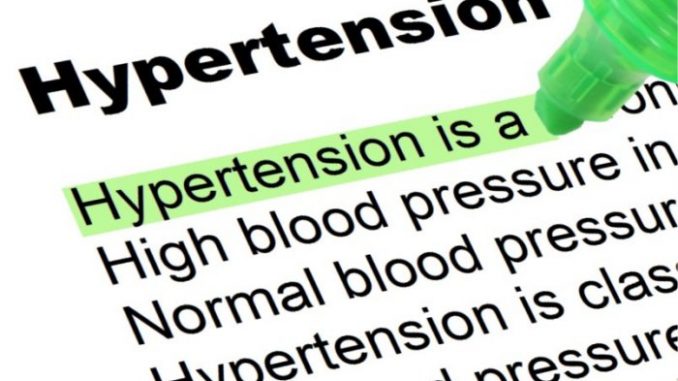
According to data provided by the American Heart Association, high blood pressure represents high blood pressure and affects one in three adducts worldwide.
Symptoms such as headache, dizziness, chest pain, palpitations, nausea and vomiting, fatigue, excessive sweating and sleep disorders may occur when you are experiencing high blood pressure levels. High blood pressure has many causes, including obesity, sedentary lifestyle, family history of hypertension, diabetes, inherited or acquired genetic abnormalities, thyroid disorders, congenital heart malformations and, last but not least, stress.
Stressful situations can cause temporary blood pressure to rise, but can stress also cause long-term hypertension? Can all those blood pressure peaks related to short-term stress increase and produce high blood pressure in the long run? Researchers do not have a clear answer, but nonetheless, they recommend exercising three to five times a week for 30 minutes to reduce your stress levels.
Your reaction to stress can affect your blood pressure
Your body produces high levels of hormones when you are in a stressful situation. These hormones will temporarily increase your blood pressure and cause your heart to beat faster and your blood vessels to narrow. And your reaction to stress in unhealthy ways can increase your risk of high blood pressure, heart attacks and strokes.
Some behaviors are linked to higher blood pressure, such as:
- Smoking
- Excessive alcohol consumption
- Eating unhealthy foods
- Heart disease can also be linked to certain stress-related health conditions, such as:
- Anxiety
- Depression
But there is no evidence that these conditions are directly linked to high blood pressure, but instead, the hormones your body produces when you are emotionally stressed can damage your arteries, leading to heart disease. Also, some symptoms, such as those caused by depression, can make you forget to take medications that control your high blood pressure or other heart conditions.
Increased blood pressure when you are stressed can be very high. However, when stress disappears, blood pressure returns to normal. However, there are frequent situations where temporary high blood pressure peaks can damage blood vessels, heart and kidneys in a similar way to long-term blood pressure.
Stress reduction activities can lower your blood pressure
Using various strategies to manage your stress can help you improve your health in many ways.
And mastering stress management techniques can lead to healthy behavioral changes, including those that lower your blood pressure. There are many options for managing stress, such as:
Simplify your schedule. If you’re always in a hurry, take a few minutes on the run to look at your calendar and to-do lists. Look for those activities that take up your time but are not very important to you. Schedule less time for these activities or if you can, completely eliminate them.
Deep, slow breaths can help you relax
Exercise. Physical activity is a stress relieving factor. Just make sure you get your doctor’s approval before you start a new exercise program, especially if you have been diagnosed with high blood pressure.
Try yoga and meditation. Yoga and meditation strengthen your body and help you relax. These techniques can also reduce systolic blood pressure by 5 millimeters of mercury (mm Hg) or more.
Enough sleep. Too little sleep can make your problems seem more serious than they really are.
Change your perspective. When dealing with problems, resist the tendency to complain. Acknowledge your feelings about the situation, and then focus on finding solutions.
Remember, if you have high blood pressure, activities that help you manage your stress and improve your health can make a long-term difference in lowering your blood pressure.
The most important thing is to find out which of the techniques works for you. Be open to experiment. Choose your strategies, take action and start enjoying the benefits.



Leave a Reply